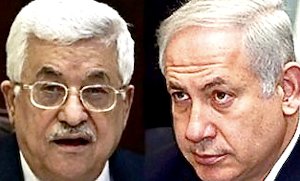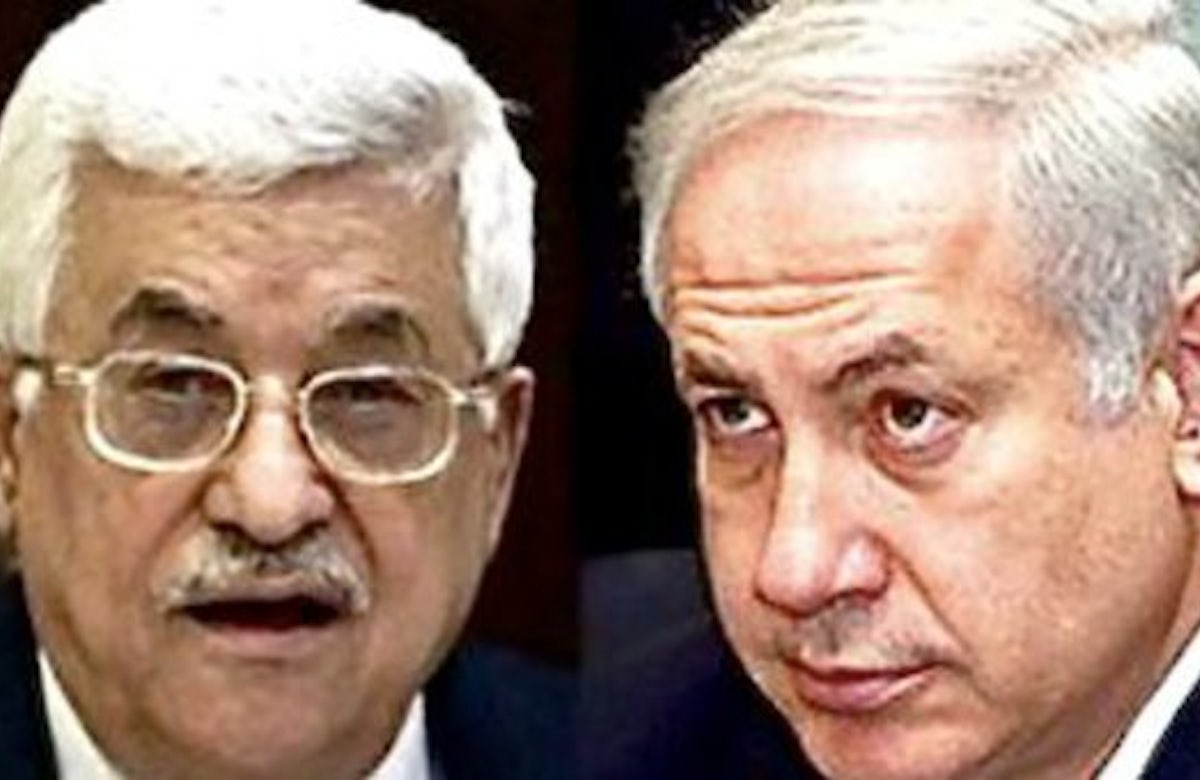By Pinhas Inbari
Two dramatic events that took place in the Middle East – the shocking atrocities in Syria and Israeli Prime Minister Netanyahu’s political victory over the Ulpana Hill settlement crisis – have influenced the government in Ramallah and may have resulted in serious and far-reaching policy implications.
To begin with, the slaughter perpetrated by the regime of Bashar al-Assad exposed the impotence of the United Nations and the Western powers, something that did not go unnoticed in Ramallah and in other Arab capitals. The international community’s failure to act in Syria has weakened Ramallah’s prospects regarding its bid for unilateral statehood recognition at the UN. After all, what meaning could a UN decision on Palestine have while the international body is paralyzed by events Syria?
Furthermore, the Palestinian campaign to delegitimize Israel in UN related bodies and the International Criminal Court, by charging IDF officers with war crimes, has been rendered moot in light of the genocidal actions of the Syrian regime.
Sources in Ramallah have reported that in addition to the doubts cast on the unilateral statehood declaration approach by the international community, Mahmoud Abbas also failed to convince the Arab League at the latest summit in Doha to submit the statehood application to the UN General Assembly together with the Palestinian leadership. Arab League Secretary General Nabil al-Arabi openly proclaimed in Baghdad: "We shall support the Palestinians in any decision they take, but it is their decision", implying that the Palestinian issue and Abbas’ insistence was dwarfed by the bloodletting in Syria. As a result, Ramallah is now considering revising the campaign for statehood in its entirety.
 Over in Jerusalem, Netanyahu's show of leadership in the face of dissent within his own party has made it clear to the Palestinian Authority that the prime minister will likely lead Israel for years to come. Netanyahu’s manoeuver over the Ulpana Hill settlement and his earlier expansion of the coalition to include the Kadima party, which abolished any real opposition in the Knesset, has put a damper on Palestinian strategic planning.
Over in Jerusalem, Netanyahu's show of leadership in the face of dissent within his own party has made it clear to the Palestinian Authority that the prime minister will likely lead Israel for years to come. Netanyahu’s manoeuver over the Ulpana Hill settlement and his earlier expansion of the coalition to include the Kadima party, which abolished any real opposition in the Knesset, has put a damper on Palestinian strategic planning.
Palestinian policy was based on the assumption that President Obama, aided by the Israeli left, would compel Israel to withdraw to 1967 lines in his second term in office. Now that the Israeli left has been emptied of its largest party (Kadima) and left with only the Labor party, which puts more emphasis on Israel’s socio-economic woes rather than the peace process, the Palestinians will have to look to a different strategy.
It might have seemed that Defense Minister Ehud Barak’s recent statement advocating a unilateral withdrawal from the West Bank would have encouraged Ramallah. However, the PA was much more impressed by the Netanyahu government’s decision to compensate the settlers for the concession on the Ulpana settlement with the launch of major building activity in the West Bank. While one might assume that this move may have looked encouraging to the Palestinians, as it suggested that the Israelis were prepared for territorial compromise, it was not well-received in Ramallah due to the fact that it signals eventual return to the negotiating table and not a unilateral track.
In light of the few options Ramallah perceives it has left with Israel, it might be forced to return to reconciliation talks with Hamas. While no viable option for real reconciliation is available, the two sides are ready to discuss tactical aims. The tactical agreement may include the decision to dispose of Prime Minister Salam Fayyad, hated both by Abbas and the leadership in Gaza.






